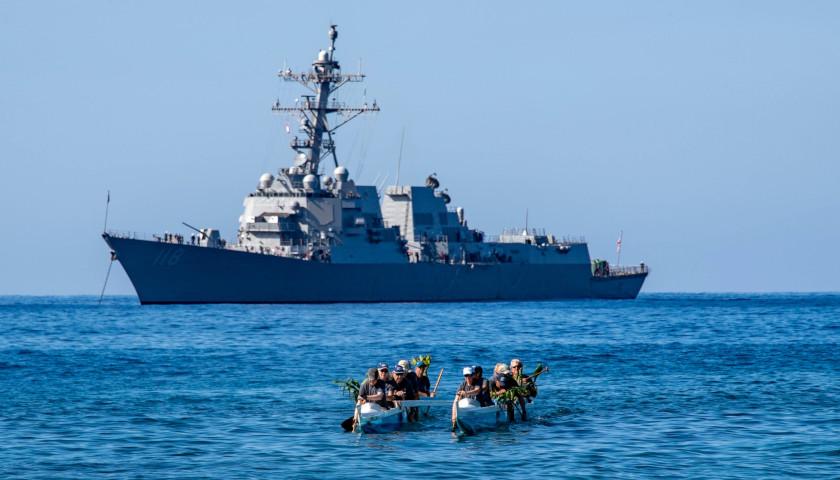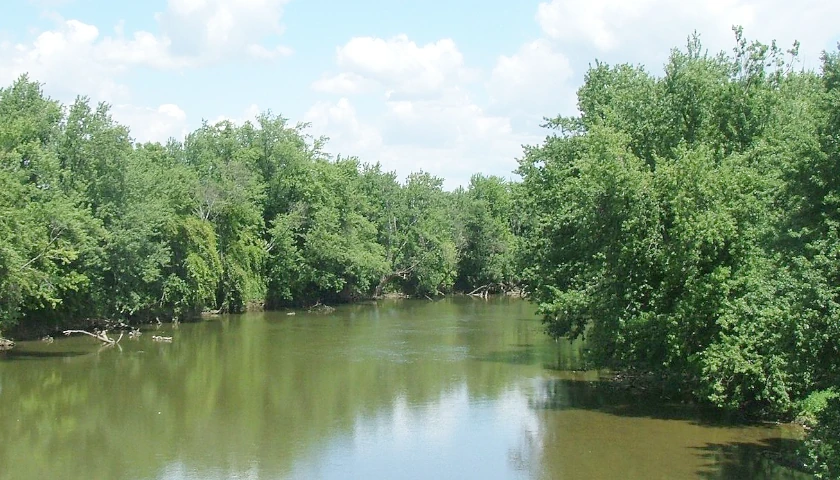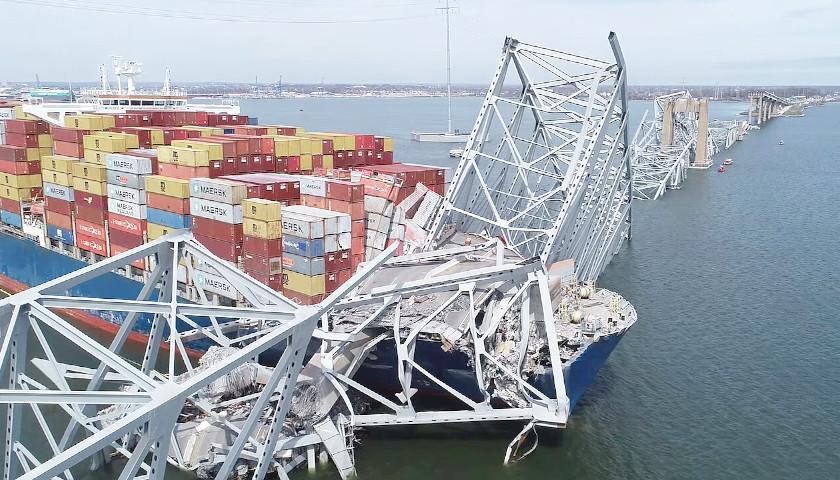by Morgan Sweeny
Two environmental groups have filed a federal lawsuit alleging the Naval Surface Warfare Center at Dahlgren, Virginia, violated the Clean Water Act through munitions testing in and over the Potomac.
The Potomac Riverkeeper Network and the Natural Resources Defense Council filed suit in the U.S. District Court in Baltimore, alleging NSWC Dahlgren has discharged over 33 million pounds of munitions into the Potomac containing toxic metals, solvents, explosives and other potentially harmful constituents.
Though river water downstream of Dahlgren is not harvested for drinking water, the base is located along a stretch of the Potomac, considered a critical habitat for Atlantic Sturgeon.
The sturgeon, other fish species, the river’s general aquatic health, and the experiences of watermen and fishermen are PRN’s primary concerns.
“The whole idea of a public trust like the river is that everyone has a right to use it,” said PRN representative Dean Naujoks. “Nobody has a right to diminish its use for their own purposes.”
According to the lawsuit, NSWC Dahlgren is the nation’s largest over-water firing range and has been conducting weapons testing on the Potomac for over 100 years. In response to the claims from PRN and NRDC, the Navy has agreed to allow testing to determine how munitions activity might affect the sturgeon population, but has not agreed to any other environmental testing.
The weapons testing at Dahlgren first captured the attention of PRN a few years ago when Naujoks was investigating a coal-fired power plant across the river in Maryland and noticed the activity level. It wasn’t until the U.S. Army Corps of Engineers proposed an expansion of the testing zone in December, however, PRN and NRDC became insistent the base conduct environmental tests and operate by permit.
The NSWC Dahlgren published an environmental impact statement of its river activities in 2013, but Naujoks argues that environmental impact data is “all based on modeling and assumptions. There’s no data to support any of the Navy’s claims.”
“They agree that their activities may have an impact on the endangered sturgeon, but yet they’re saying there’s no impact to water quality or aquatic life from their activities and they’re therefore not going to request a permit,” Naujoks said. “The Navy owes the public a broader explanation about what their activities are doing to the Potomac River.”
The proposed expansion requires an environmental assessment, but Naujoks worries the Navy is unwilling to do the testing the environmental groups believe are necessary.
Naujoks claims that complying with the Clean Water Act is not unprecedented for the Navy, as Puerto Rico required the Navy to operate by permit at its Vieques Naval Training Range over 25 years ago.
– – –
Morgan Sweeny is a staff reporter at The Center Square.





